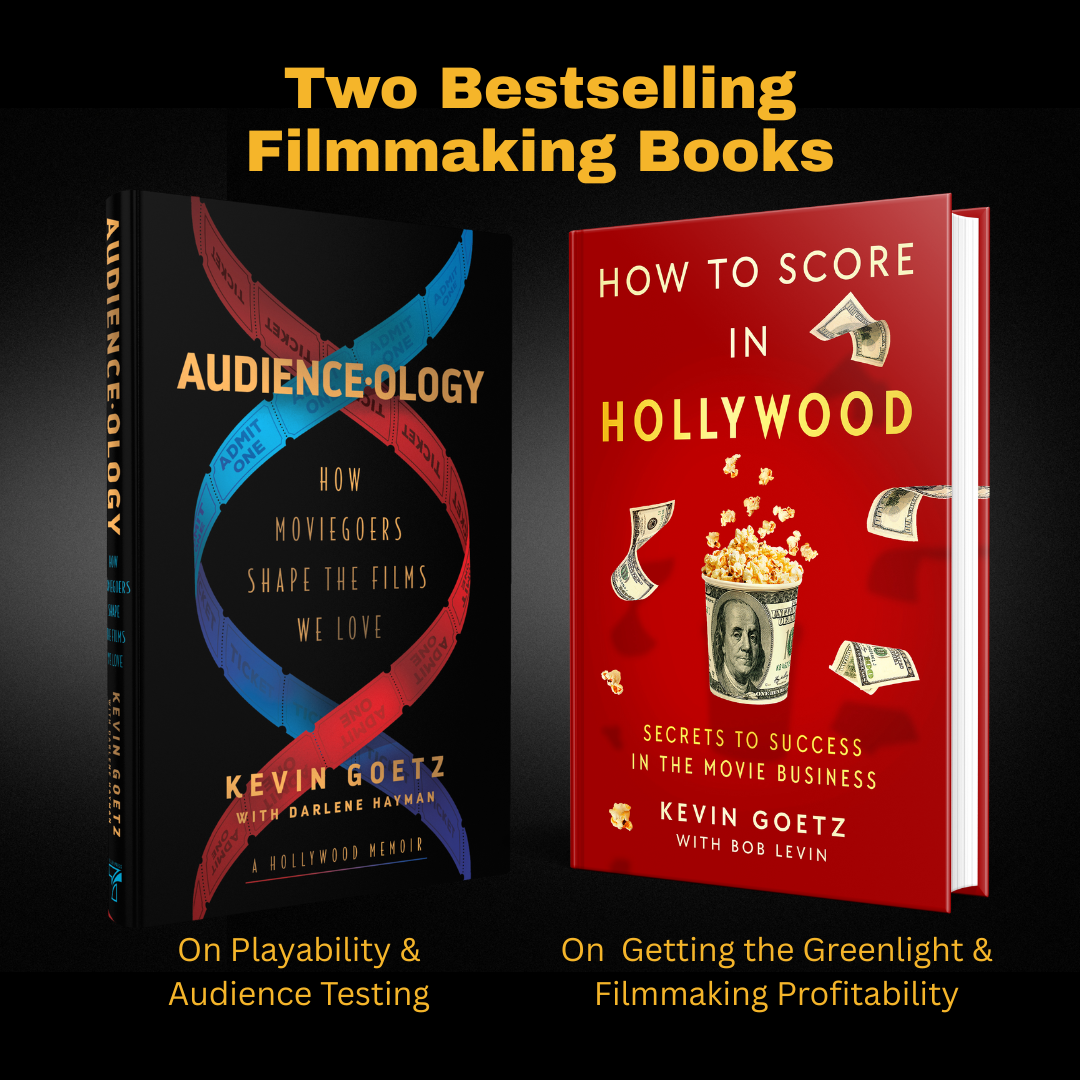
Don’t Kill the Messenger welcomes veteran entertainment researcher and strategist, Melva Benoit.
n the latest episode of “Don’t Kill the Messenger,” host Kevin Goetz sits down with Melva Benoit, a trailblazer in research and entertainment strategy with leadership experience at major companies like Disney, NBC, and Fox. Together, they delve into Benoit’s rich background in television market research, discussing her unique insights and experiences in the industry.
Kevin Goetz on partnering with Melva Benoit:
In 2016, my company Screen Engine partnered with my guest today to initiate a change in the way that entertainment audiences are tracked, reached, and marketed to by emphasizing their interests, beliefs, values, and behaviors, rather than simply by their age, gender, race, and ethnicity demographic information.
Benoit’s Early Career
Benoit’s journey into the world of television research began with a love for the medium from a young age. Growing up in Houston, Texas, she aspired to be in charge of Saturday morning cartoons. “Loved television as a kid. And my desire was to be in charge of Saturday morning cartoons. I loved cartoons.” After attending Howard University, Benoit began her career at King World before moving on to Cartoon Network and Comedy Central.
The Role of Research in Television
Throughout the conversation, Benoit emphasizes the crucial role research plays within media institutions. She explains the three main functions of research: keeping the lights on, taking requests, and anticipating stakeholders’ needs. “The last thing that we do that I think puts us over the top is as we begin to build a rapport with our stakeholders and we begin to understand what delights them, what keeps them up at night, share their burdens with them, then there are those moments that they come in.”
Benoit on how movies differ from TV:
Movies are story first, character second. And television is character first, story second, because I’m only going to watch if I care. And so it’s one of five things. Oh, that’s me. Oh, that’s someone I know. Oh, that’s someone I want to be. Oh, that’s just like my brother. That guy reminds me of my neighbor.
Analyzing Successful TV Shows – Seinfeld, Friends, and South Park
Goetz and Benoit dive into the testing and success of iconic television shows like Seinfeld, Friends, and South Park. Benoit highlights the importance of understanding how audiences learn to watch and relate to characters in television shows. “So here’s the thing that people forget when Seinfeld premiered on air, Home Improvement used to kick its ass on the regular. So across the country, Seinfeld is now on prime access and you’re watching it five days a week at dinner waiting. The country now is learning how to watch the show.”
Benoit on the unique marketing of South Park:
And so we realized it’s like we have to tell people how to watch this. It’s like Peanuts on acid. We cannot give any of this to anybody cold. So, think about this, this is 1997, 96, 97. So we released the Jesus versus Santa Claus, which is what this is based off. We release it on the internet, which means it goes to every college campus. So that’s the first viral video. When that show showed up, it changed the fortunes of the network. It took us from barely breaking even to the biggest thing ever.
Reframing Audience Measurement
One of the most compelling aspects of the discussion centers around reframing audience measurement. Goetz and Benoit propose a new way of looking at entertainment consumers, focusing on shared attitudes, behaviors, and values rather than solely relying on demographic information. “I’m a Caucasian gay male. You are an African American straight woman. We share so many of the same program likes and yet we would not be marketed to each other’s.” They emphasize the importance of reaching diverse audiences and the need for the advertising industry to adapt to this new way of thinking.
Melva Benoit’s insights into the world of television market research shed light on the complex relationship between content creators, audiences, and advertisers. By advocating for a more nuanced understanding of entertainment consumers and embracing the changing media landscape, Benoit and Goetz offer a unique vision for the future of the industry.
For the full conversation, check out the podcast episode here. And let us know your thoughts on Melva Benoit in the comments!
Don’t Kill the Messenger, hosted by movie and entertainment research expert Kevin Goetz, brings his book Audienceology to life. This bi-monthly podcast takes a peek behind the filmmaking curtain as Kevin talks with famous filmmakers, studio executives, stars, and other creatives about movies, filmmaking, audience test screenings, and much more.
For more information about Melva Benoit:
LinkedIn: https://www.linkedin.com/in/melvabenoit/
Twitter: https://twitter.com/MelvagBenoit
The Marian Dupree Group, Inc. https://linkedin.com/company/the-marian-dupree-group-llc/
For more information about Kevin Goetz:
Website: www.KevinGoetz360.com
Audienceology Book: https://www.simonandschuster.com/books/Audience-ology/Kevin-Goetz/9781982186678
Facebook, Twitter, Instagram: @KevinGoetz360
Linked In @Kevin Goetz
Screen Engine/ASI Website: www.ScreenEngineASI.com






